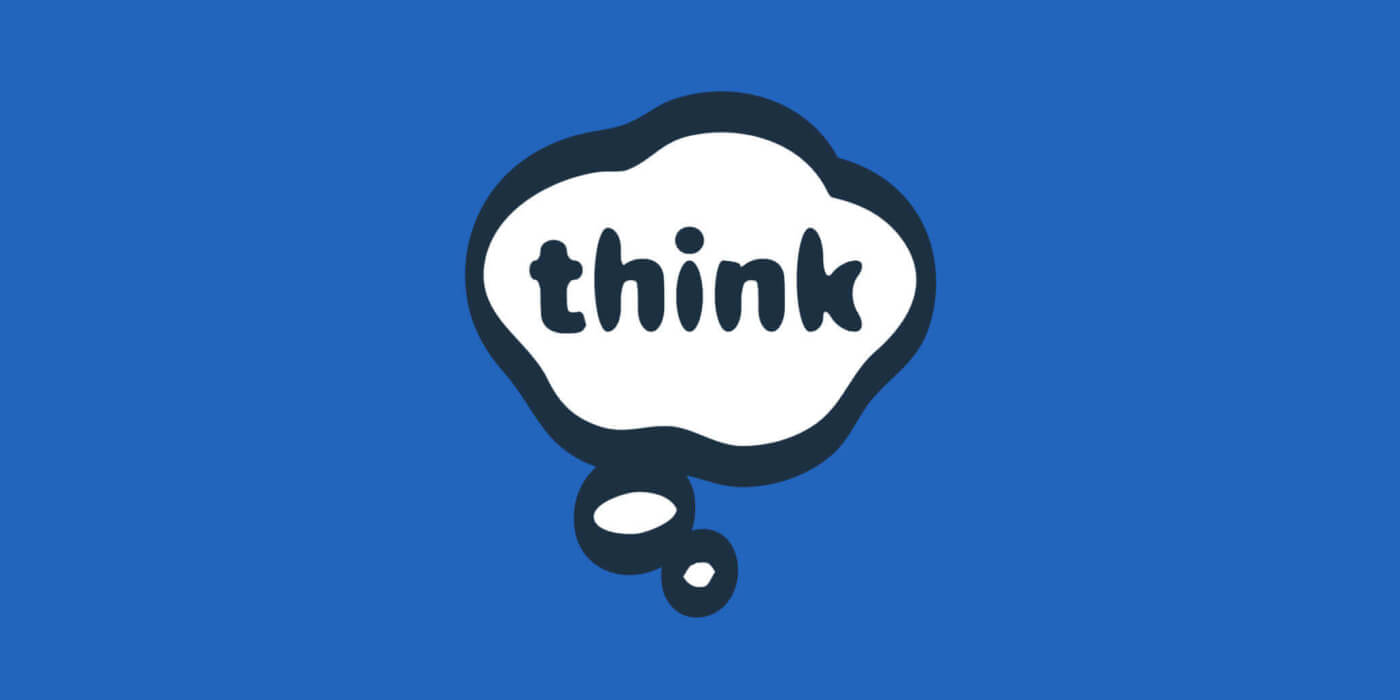Advice For Seeking a Career in UX

A couple of days ago, I attended the Defining UX event presented by PhillyCHI at Philadelphia University. It was great—five talented UX professionals talked about User Experience Design and then answered questions from the audience. It was a collision of worlds for me: I am a UX Professional by day, and an adjunct faculty member at Philadelphia University by night. I was pleased to see many of my students there.
Toward the end of the event, someone asked a question about how to get a job in UX. Lots of great advice and ideas were given by the panel. I had a few more to add, so I’ve compiled this list of advice for people looking to enter the UX industry.
Ask Questions
I have been an adjunct faculty member in higher education for as long as I’ve been in the professional world. One thing I’ve noticed is that the best students, the ones who become really good at what they do, are the ones who ask questions. I can say the same thing for the best UX Designers. Our job is to be inquisitive, to learn.
I can’t tell you how many guest speaking gigs I have conducted where nobody in the room asks questions, then they mob you afterward and whisper their thoughts to you so nobody else can hear. If you have a question, chances are somebody else in the room is wondering the same thing. Share it. Asking questions actually makes you seem smarter, not the other way around.
Here’s a good habit to get into: any time someone is in the front of a room speaking, write down any questions you think of. If the opportunity arises, ask them. It’s our job to be inquisitive and to learn our customers’ businesses. If you don’t transition from passive observation to active engagement, you’ll never get ahead.
Always Be Learning (Sorry, Glengarry Glen Ross)
This ties into the thoughts above. In addition to actively learning about our customers’ businesses, our job is also to keep up on technology, trends, buzzwords and the latest styles in vests, scarves and socks. We bring that to our clients regularly. Once you’ve mastered something, use it and move on. Things change and if you don’t adapt as they change, you’ll be left in the dust.
The vest, scarf and sock thing was just to see if you’re listening.
Master These Four Communication Skills
Writing
UX Professionals write a lot. Conceptual design briefs, requirements and specifications, placeholder copy, actual copy, emails, presentations, articles, books, manifestos, you name it. Being concise, complete and compelling is a talent that takes time to master. A few years ago I found a pile of the papers I wrote in college—I was an English Major. I don’t know how I graduated with that mess—I’ll have to assume my profs took pity on me. In the classes I teach, there is a LOT of writing. The subject matter is not as important to me as the practice my students get. I feel like I have accomplished something if I can go back and see their skills develop through the semester.
Along with writing comes grammar, spelling and punctuation. Nothing contributes to discrediting your work more than typos. We are all very lucky to have spelling and grammar checking tools so widely available, but don’t let them make you lazy. Have others read and edit your work before you consider it done. If you know someone who is a good editor, use them. Russ and I established a rule when we started this blog that no blog post is published without an editorial pass by someone else. Their edits make me sharper every time I write.
Presenting
You may be shy, you may be a church mouse, or you may not like or feel comfortable speaking in groups of more than three. There may be a place for you in UX, but I’m sorry to tell you that your chances of advancing in your career will be severely limited if you can’t get over that fear. Some day you will be asked to present. Your choices may be challenged and your greatest innovation may be questioned—and if you can’t respond articulately, briefly and with confidence in your decisions, you’ll quickly hit your ceiling.
Sketching
If you asked me to draw a horse, the only resemblance between my sketch and a horse would be four legs. I still carry a sketchbook, pens and my own set of dry erase markers wherever I go. DO NOT TOUCH MY MARKERS, they are mine and you will ruin them. Get your own markers. If you’re a client, maybe you can use my markers, but if you cross a black line with my green marker so help me…
I draw every day: workflows, wireframes, data visualizations, caricatures of Brad, you name it. My drawings are an extension of what is going on in my head. UX Professionals draw. Good UX Professionals draw in front of large groups of people. Their drawings don’t have to be masterpieces, but they have to express something clearly. At the end of my best Think Sessions, my hands are a rainbow of dry erase dust. That’s when I know I’ve had a good day.
Humility and Confidence
Yes, you read that right: Humility and Confidence are communication skills. You will not always be right. How you handle being challenged when you are wrong or don’t have a good justification for your decisions is extremely important. Get defensive and you’ll limit your future options. Learn from it, change course and those around you will know you’re versatile and flexible.
I’m not saying to fold whenever you’re challenged. If you’re sure you’re right, that’s the time to be confident and stick to your guns. I practice the “object three times” method. If after the third time you have provided a good argument for your decisions and an authority figure still says, “Nope, do it my way,” then respectfully disagree and do it their way. You’re not caving, you’re deferring to authority. It is very likely they pay the bills. They know you don’t agree. If it blows up in their face, you both know why and you may both learn something.
Do What You’re Good at First, Then Follow Your Passion
I know everyone tells you to follow your dreams, do what you love, blah, blah, blah. The key is to get your foot in the door and gain experience. If you’re like me, the things you’re passionate about take time to master, but you may have some less-sexy skills that make you valuable now. I started by writing scripts, shooting video and writing code. In 1992, I was a good programmer and an acceptable writer and producer. Today, I can barely spell HTML. Programming got me in the door and I continued to follow my passion for writing and communications. Along the way, I discovered UX, research and strategy. Almost everyone I work with started somewhere different than they are now.
The key is to be brutally honest with yourself—do what you’re good at and tinker with the things you’re passionate about. Maybe you’re in the minority where you are actually highly skilled at something you’re passionate about. Good for you. Now take your work samples, sit with someone who is a master of that craft, and ask them how you can improve. Don’t ask if you’re good at it, ask what you can do better. You can always do better.
Job Hunting
Notice I didn’t give any advice on job hunting… that’s because everyone I know in this industry got where they are in a different way. Applying for jobs, recruiters, informational interviews, internships, working your way up the ladder…any of these are viable if you’re in the right place at the right time. Everyone I know started with that first job: I delivered AV equipment to meeting rooms; Carl helped design and install high-quality wood signs. We can’t all drop out of Harvard and start a billion-dollar company (but if you do, give me a call, I have ideas).
What is critical, and what every successful UXer I know has done, is to consistently grow and maintain a professional network. Stay in touch with former colleagues. Attend meetings for professional organizations like PhillyCHI. Be inquisitive, but don’t be annoying. If you’re turned down for a position, ask what you can do to improve your chances. But most importantly, do what you’re good at.
So, in the spirit of humility, does this advice fit the bill? What advice would you give? Read more on additional tips and resources for breaking into the UX field.



